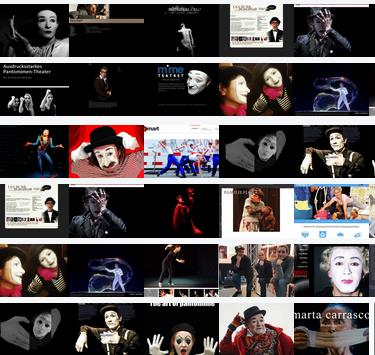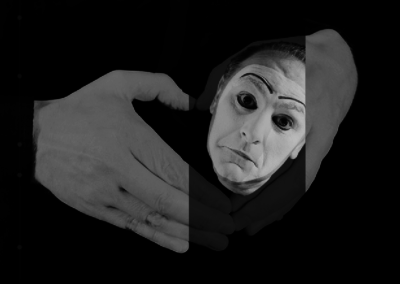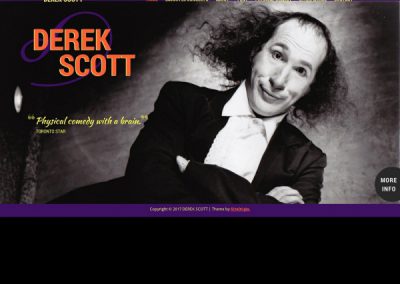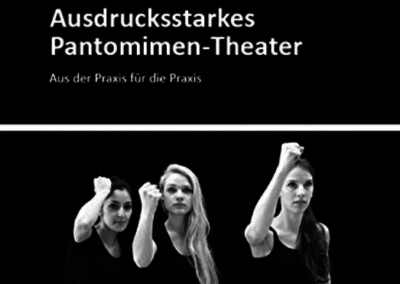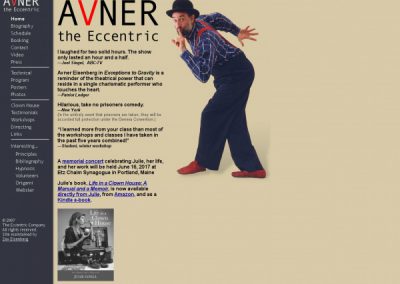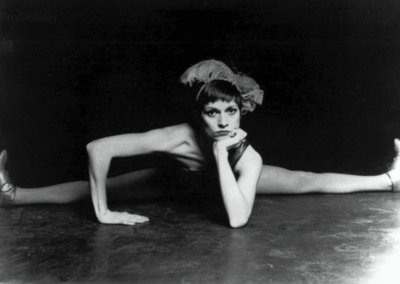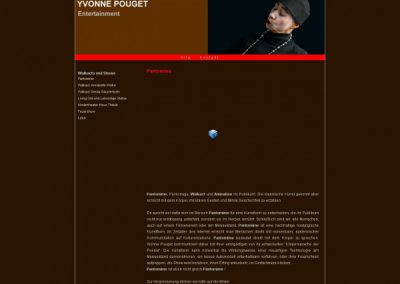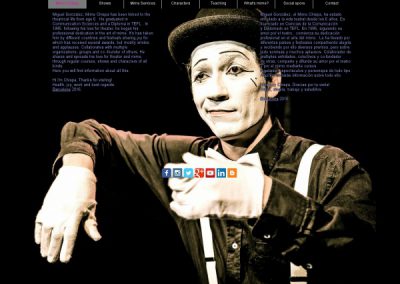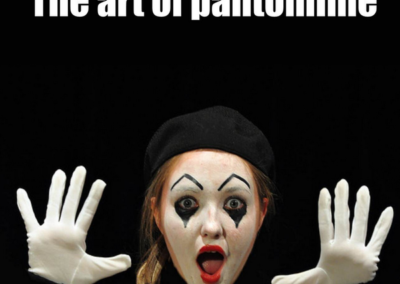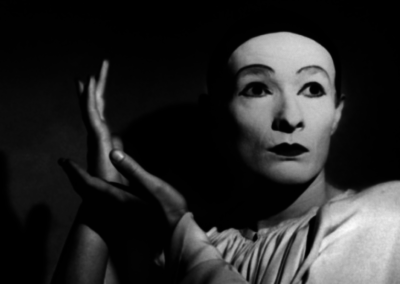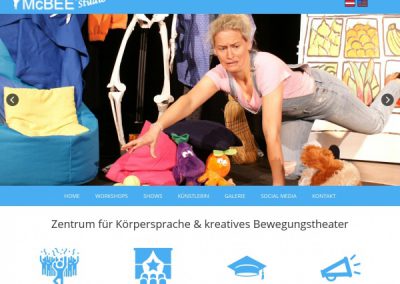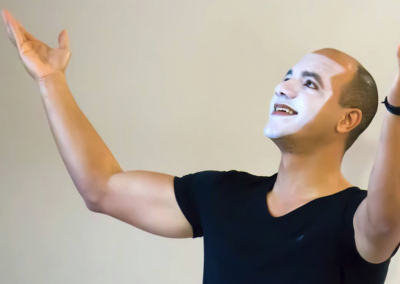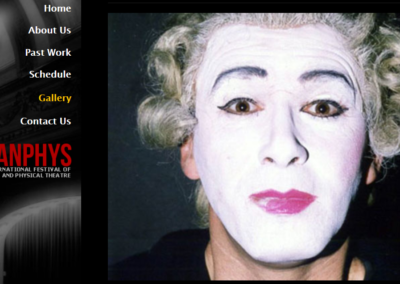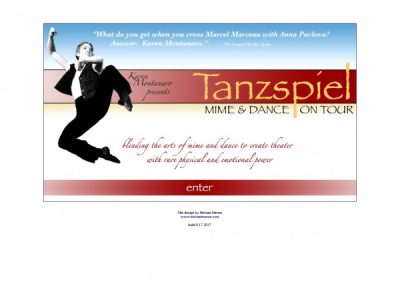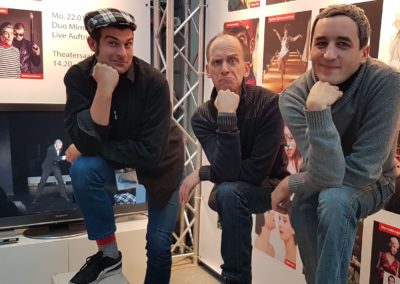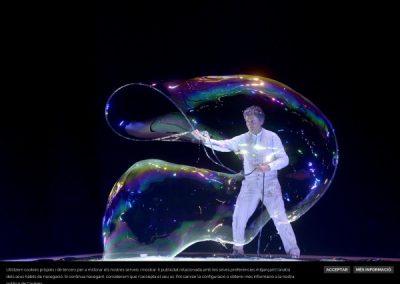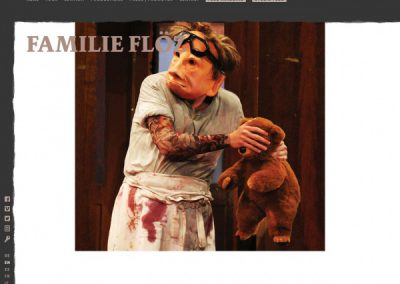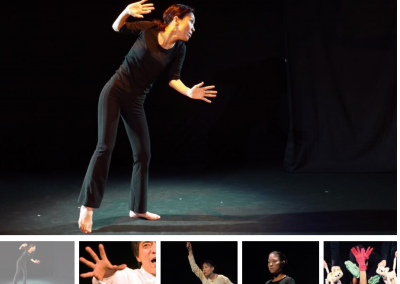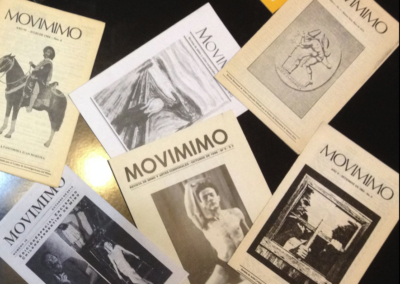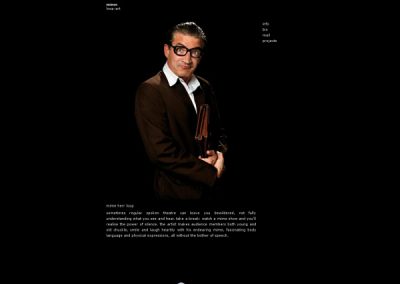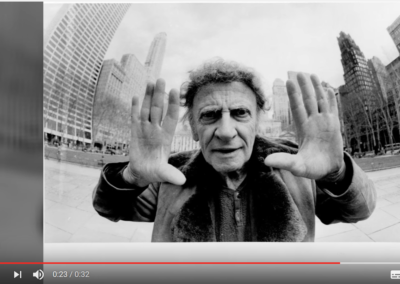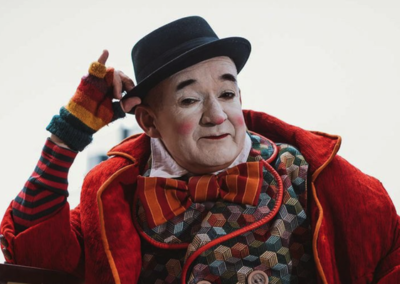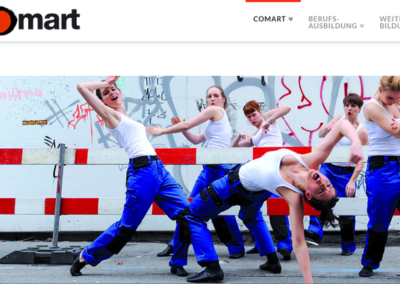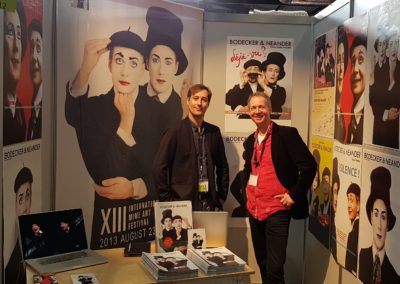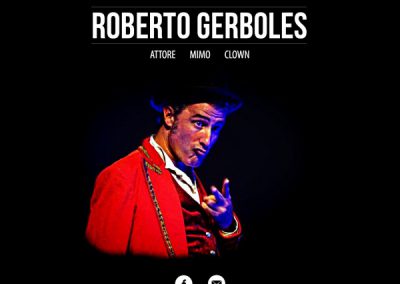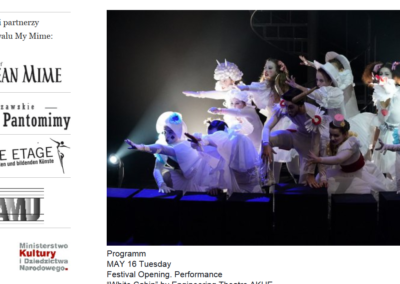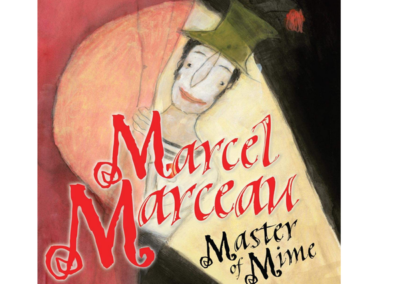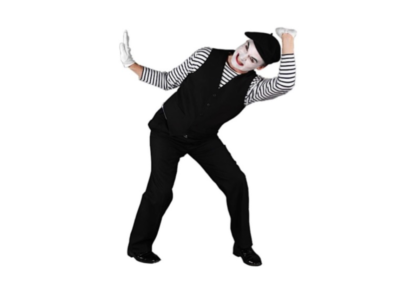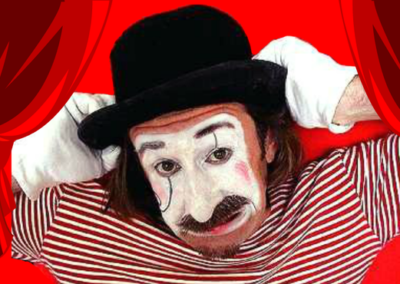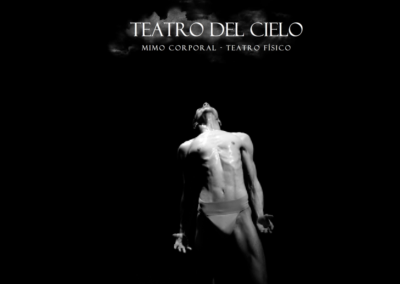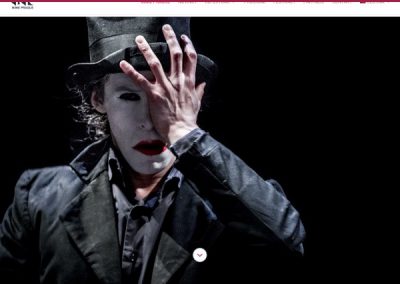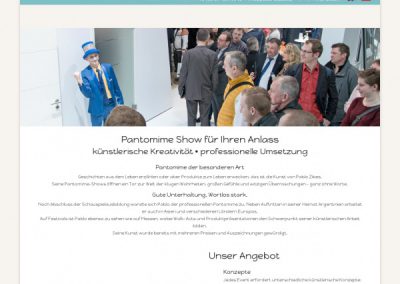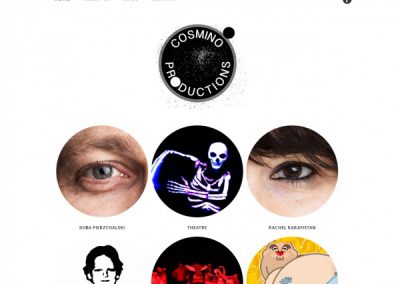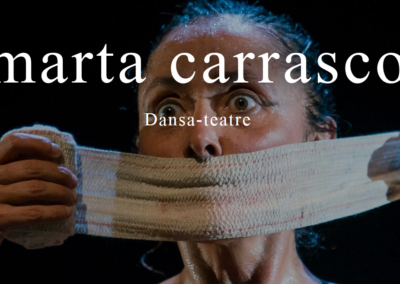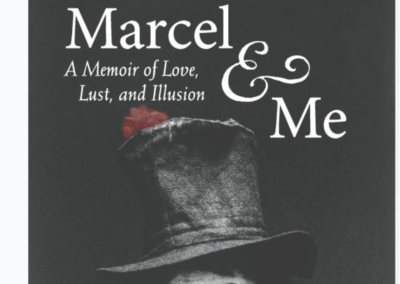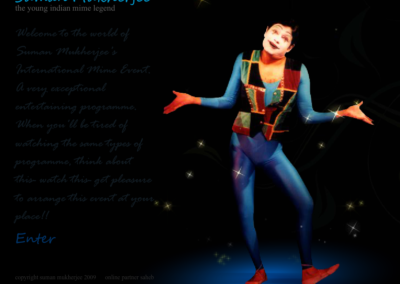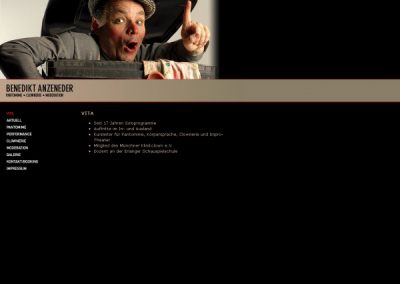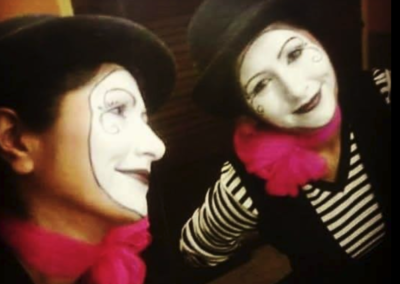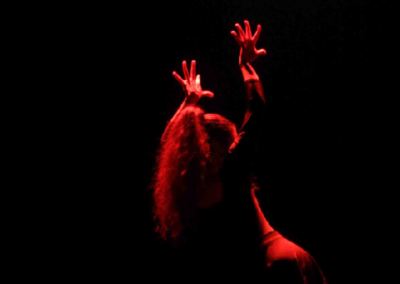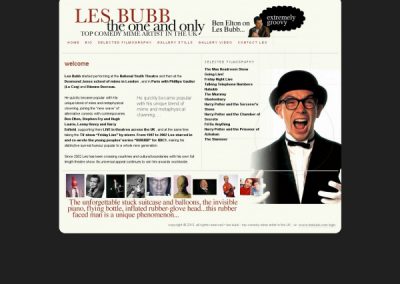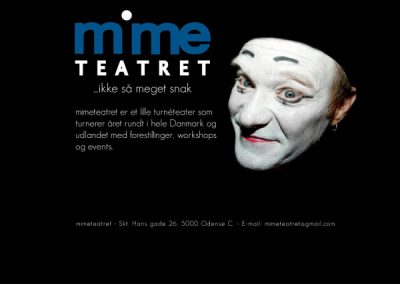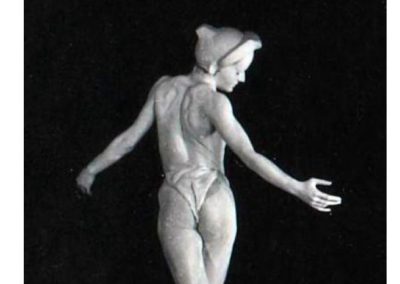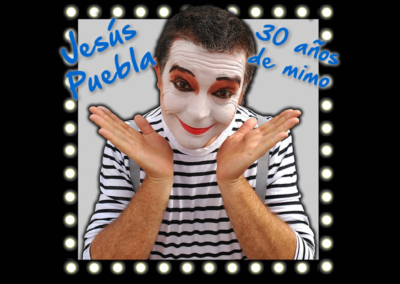Marcel Marceau, 2001 Wallenberg Lecture
Marceau joined the French Resistance and successfully smuggled Jewish children across the French border into Switzerland, later incorporating his experiences into his mime works. About the Wallenberg Medal and Lecture Each year the recipient of the Wallenberg Medal is invited to present a lecture at the University of Michigan. The medalists take the stage at Rackham Auditorium and share their stories with an audience drawn from our campus and many surrounding communities. Each Lecture is different. In some years, survivors of Nazi persecution recounted their physical resistance in face of hellish danger. In others, medalists considered the effect over the years that the bravery of friends and family has had on the course of history. Lectures have been given by politicians who explain why they resisted unjust governments and, in turn, worked to develop a new order, honoring their personal vision with decades of public service. Some medalists have focused on their missions: to reject a life of wealth and rescue people who are literally slaves of corrupt businesses; to devote a life to the non-violent and peaceful pursuit of human rights. What the Wallenberg Lecturers have in common is their ability to inspire all with their vision, and the reality of their strength to act upon that vision. Here is the power of an eyewitness account to convince us that, although evil truly occurs, with moral courage individual actions effect a change in the world. In their Lectures, the Wallenberg medalists reveal a common characteristic: they acted selflessly without expectation of reward. The Lectures are profiles of moral excellence in ordinary people. The words of the medalists help us to imagine how it is that some can see all people as human; they share a vision of human dignity.
Raoul Wallenberg Medal
Raoul Wallenberg Medal
What follows is a lightly edited transcript of the speech delivered extempore, in English, by Marcel Marceau upon receiving the Raoul Wallenberg Medal on April 30, 2001, at the University of Michigan.
Ladies and gentlemen, I hope I know how to talk.
I came here to speak briefly about Raoul Wallenberg because my heart was deeply touched by what he did to rescue people, both Jews and Gentiles. People are people and everybody has a right to live.
I am deeply touched to receive the Raoul Wallenberg Medal in memory of a righteous Gentile who saved thousands and thousands of Jews from the Holocaust. I want to thank the committee of the Raoul Wallenberg Foundation, President Lee Bollinger, Dean Earl Lewis, and the University officials who have arranged this event.
Most of you know the tragedy that overtook the young Swede, Raoul Wallenberg, who began a desperate race against time, conducting a crusade to rescue children, women, and men from the terrible fate of the Holocaust, which killed six million Jews. Wallenberg’s heroic fight started in Budapest in 1944 near the end of the second World War when the Nazis occupied Hungary as the Russian Army advanced in battles which would lead them to Berlin in 1945, crumbling Hitler’s army and regime, and making at last an end to the conflict which started in September 1939, killing fifty-five million people.
To succeed in his heroic deeds, Wallenberg was obliged to bribe and blackmail Nazi officials and Hungarian fascists, issuing thousands and thousands of protective passes to save people from a horrible death in the gas chambers. Unfortunately, the Russians who entered Budapest thought that Wallenberg was a spy playing a double game with the Nazis, merely pretending to save the Jews from the Holocaust. He was arrested at the age of 34 and put in a Soviet gulag where he disappeared until our days.
In Israel the memory of the Holocaust victims is celebrated in Jerusalem in a large building called Yad Vashem. This memorial testifies to the terror-filled history of the attempt to destroy an entire people by a nation that pretended to be civilized—a country that had great people in the past like Goethe, Beethoven, Johann Sebastian Bach, Thomas Mann, Einstein, who have enlightened the world.
For several years the Wallenberg Foundation has given honorary prizes to personalities who are still alive and have been called The Just” because they fought to save people and to testify about the tragedy, to avoid a return to evil. There is a saying I would cite: Whoever saves a child, a woman, a man, saves humanity.” I thank the Wallenberg Foundation for having not only restored the memory of The Just,” but fighting peacefully in our third millennium to restore a future for the enlightenment of humanity.
As the Book of Ecclesiastes said, two hundred years before Jesus Christ, There is a time to live, to die, to build, to destroy, to love, to hate.” Vanity, vanity. Everything is vanity, but you need to know that you have to go toward the light even if you know that one day we shall be dust. What is important are our deeds during our lifetime.
I don’t like to speak about myself because what I did humbly during the war was only a small part of what happened to heroes who died through their deeds in times of danger. Think about the American G.I.s when they were at Normandy and were killed terribly before they reached France.
We live today with great democracies and this is why there is hope for the future. But the main thing is education. Education for the young people. Love for their families. Respect for old age. We shall never destroy evil, unfortunately. But good exists also among the majority. I will speak only briefly about my own deeds. It is true that I saved children, bringing them to the border in Switzerland. I forged identity cards with my brother when it was very dangerous because you could be arrested if you were in the underground. I also forged papers, not to save only Jews, and children, but to save Gentiles and Jews, especially Gentiles because there was a law in Vichy-occupied France—to send the young French men, who were eighteen, nineteen years old, to factories in Germany to work for the German Army. And then I had an idea to bribe the officials, and make people look much younger in their photos. I was born in Strasbourg on the Rhine and when the war was declared in September 1939 all Strasbourg had to be emptied by the French government to save the people because we were on the border between Germany and France. Then we were sent to Perigord in the south of France. I was sixteen years old.
At eighteen I entered the underground at the same time that I was in Limoges at art school because I wanted to be a painter. At the same time I knew that I loved the theater. I had seen the films of Chaplin and I remember, even in my childhood I imitated Chaplin when I was twelve years old. And even when the war had broken out, before I knew that Chaplin would do a film on Hitler called The Great Dictator, I put on a moustache and I mimed Chaplin hearing a discourse by Adolf Hitler and already made a parody about Hitler.
The parody, unfortunately, became a nightmare. When you are very young you cannot imagine what will be your destiny. And this is why, before Paris was liberated, I was hidden by my cousin Georges Loinger who was a heroic Resistance fighter. He said, Marcel must hide for a while. He will play an important part in the theater after the war.” How did he know that? Because he knew that when I was a child I created a theater for children already. And then for two months I was hidden by a wonderful woman who hid in her institute during the wartime ninety children who were Jewish among one hundred Gentile children, side by side. If somebody would have gone to the Gestapo or the French Militia, who were fascists, everybody would have been deported.
It’s like the film that Louis Malle did, Au Revoir, Les Enfants, about a priest who saved a young Jewish child and was deported. I think you saw that film. Paris was liberated after the Americans entered Paris in August, but the war wasn’t finished. But before that, two months before the liberation of France, I entered a famous theater school and then a master of mime, E. Decroux, said to the young students, Who wants a part?” And I said I. And I mimed the killer. And the killer was a Nazi, but of course I didn’t say Nazi,” I performed the killer. After that my master asked What is your name?” I said Marcel Marceau.” He said, That’s a beautiful name.” Marceau was a general of the French Revolution at the time when Napoleon was fighting in Italy. And then I remembered that Victor Hugo, who wrote Les Misérables, in one of his poems praised General Marceau on the Rhine, and I was born in Strasbourg on the Rhine and this is why when I got my false card that my brother made and he asked me How will you be named? You have to have M. M. It is dangerous to take other initials,” I said Marceau.” But I never told anyone my real name because we were like in a foreign legion, nobody had to know the past. It was very dangerous to talk about your life. This is also why in December 1944 I engaged myself in the first French Army side by side with American G.I.s. When I was demobilized in 1946, I started my career. But before that something very interesting happened.
In 1945 I spoke English, I don’t say American, I say English. At that time I never had been in America. We were already at peace in December 1945, but we were still mobilized. I went to Frankfurt where there was the 6th Army of General Patton and I met Captain Parker. Still when I go to America today I think about Captain Parker. He said to me, Young man, what will you do later?” I said, Pantomime.” What is pantomime?” You know Chaplin, Keaton, I want to make theater without speaking.” Could you show me something?” Yes.” And I did the walking against the wind, the stairs, the tug of war, and a Japanese pantomime, and he said, Why don’t you entertain our G.I.s under the tents? There are 3,000 people.” I said, Of course, it is a great honor.” I played for the G.I.s and two days later I had my first review in the Stars and Stripes which was the paper of the American troops.
Now I would like to talk to you about the evolution of my art. Are you interested in that?
After the war I didn’t want to speak about my personal life. Not even that my father was deported to Auschwitz and never came back. I cried for my father, but I also cried for the millions of people who died. And now we had to reconstruct a new world. I was twenty-two years old when I said, What character will I create?” And people ask me, Why the white face?” The white face was for the memory of Pierrot, if you have seen a film done in 1943 in Nice by the French director Marcel Carné, Children of Paradise, with the leading star, Jean-Louis Barrault, who played the role of Pierrot. We had a great tradition in pantomime during the nineteenth century. I knew first that it was an English music hall which gave us masters like Charlie Chaplin, Buster Keaton, Laurel and Hardy. Then I decided to put on a white face so that people would recall Pierrot, but my style was contemporary. Bip comes from Pip from Great Expectations by Dickens because when you are twenty you have great expectations.
Destiny permitted me to live. This is why I have to bring hope to people who struggle in the world and in my art I will bring dreams and did Bip and the Butterfly.” The butterfly has a very important meaning. When I played this little drama, I killed the butterfly like children sometimes kill flies. And, sadly, I had another butterfly, which I put in my pouch, and that butterfly died [mimes]. Then I took another butterfly and it flew away to freedom. The people were moved. Why? Because sometimes the public has genius. They associated this with the human heart, like flamenco dancers when the men were beating in rhythm on their chest. It’s a beating of the heart. This is why in my evolution I did David & Goliath, and I created a company with mime numbers like The Overcoat” by Nikolai Gogol; twenty-six mime dramas followed until 1997. Forty films will be donated for the legacy of our art. I have had a mime school in Paris since 1978, subsidized by the town of Paris when Jacques Chirac was mayor of Paris. I chose students from my school and created mime dramas with my company. But you may not know that I created workshops in America and the first workshop I created was in Ann Arbor. It was organized by a young man who was in my school for three years in Paris, but lived in Ann Arbor. Brian Trimm. Is he here? We did seven workshops, and then later in Ohio with Gregg Goldston’s School for Mime. I have continued though my foundation to do workshops in New York and in Columbus. I was very honored by doctoral degrees at several universities. I was very proud about Princeton because Einstein was teaching at Princeton. Unfortunately, he died in September of 1955 just before I arrived.
There is a pantomime called Bip in Modern and Future Life.” And what happens in future life? I imagined a nuclear war. And there was, at the end, one little tribe of apes surviving. And one ape, to make fire, takes two stones and does this, this, this [strikes fists together]. From this, man emerged. The more he advances, the more he retreats. It was not pessimistic. It showed that in time we advance and we retreat. Life is ephemeral, but also eternal because new generations come. We have a great responsibility for the legacy we have to give. And I say always to my students: If you don’t have a past, then you have no present and you have a fragile future.” We have to keep the traditions. We have to know that all nations have the right to live and carry on their legacy. This is why we have to pray for peace, so that our millennium now will be less cruel than the twentieth century. This is why with mime I create metaphors with the hands, a struggle between good and evil. And I will show you this tonight because I will end with a pantomime, of course.
For the first time in Bip Remembers,” Bip goes out of his character to become not himself, but humanity. At the end of Bip Remembers” there is a march of humanity. A wave comes, and they are killed. Then another wave comes and they are killed too. Then the last wave arrives and they march to enlightenment. It’s not just a word. I believe in action. When there will be wars, there will be no age d’or, as we say. The time in which we have no more wars, life will offer a real hope for the future. Don’t be frightened that there will be too many people. There are never too many people.
The Foundation in New York will bring to students and universities the legacy of my art, of my paintings, and what I have tried to give to the world. Tonight I will finish with a pantomime that I have chosen especially for you. It is called The Hands, a struggle between good and evil [mimes].
